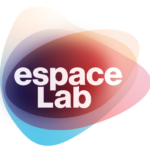A key step carried out with care
Upon arrival, the technician will verify your identity to eliminate any risk of error. You’ll also be asked a few questions to gather clinical and therapeutic information that may be essential for interpreting your results.
The blood draw itself is a relatively simple, quick, and minimally painful procedure, performed by qualified professionals.

You are free to ask the technician any questions you may have.
The time spent at the lab depends on the type of tests being performed, as well as whether or not you have a scheduled appointment.
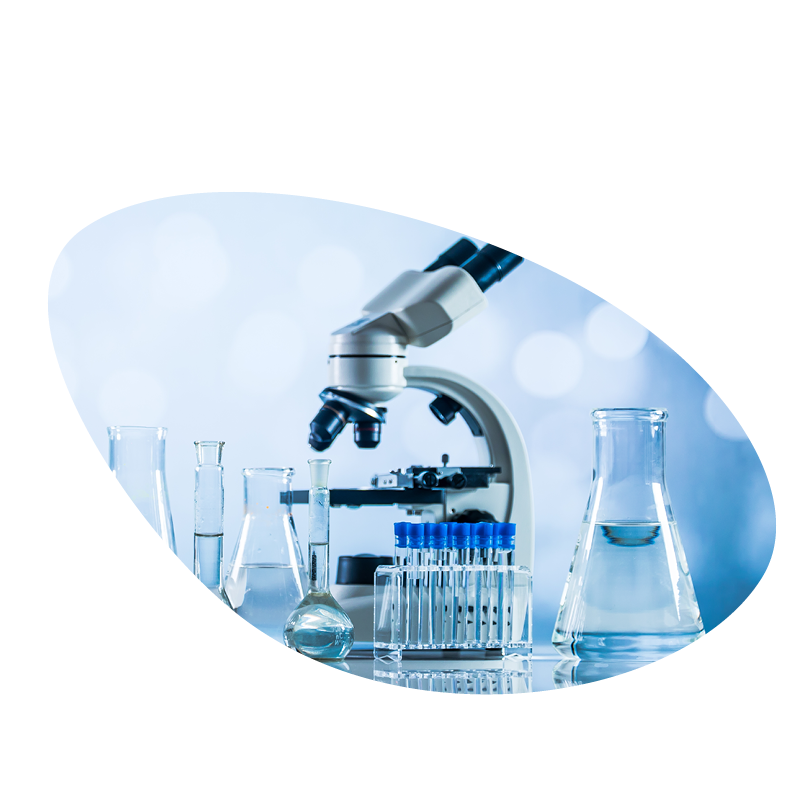
Types of sample collection
Some specialized tests (such as prolactin, breath tests, OGTT, etc.) require a specific waiting period and one or more successive samples.
If this applies to you, our front desk will inform you upon arrival.
Your sample collection is a key step in ensuring accurate and reliable test results. In Switzerland, laboratories follow strict hygiene and safety protocols to guarantee the quality of the samples and your well-being.
Here’s what you need to know depending on the type of test:
Blood sample collection
Blood samples are taken by trained healthcare professionals under strict aseptic conditions. The skin is carefully disinfected before inserting the needle to prevent any contamination.
Depending on the test, fasting may be required. After the sample is taken, gentle pressure is applied to reduce the risk of bruising.
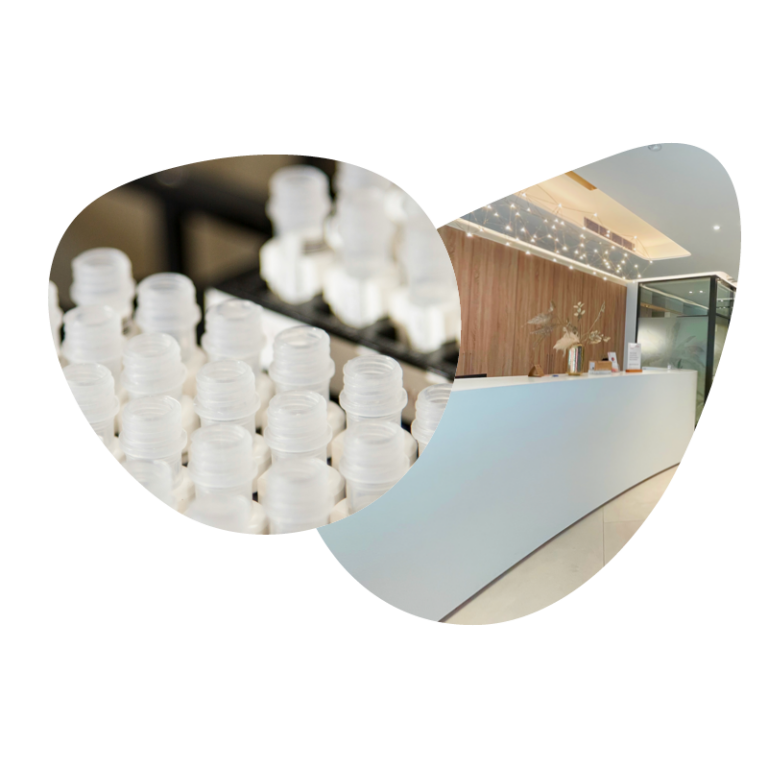
Stool sample collection
Stool samples are used to detect bacteria, parasites, or traces of hidden blood. It is essential to use a clean, sterile container and avoid any contact with toilet water.
Depending on the test, specific dietary instructions may be provided by the laboratory.
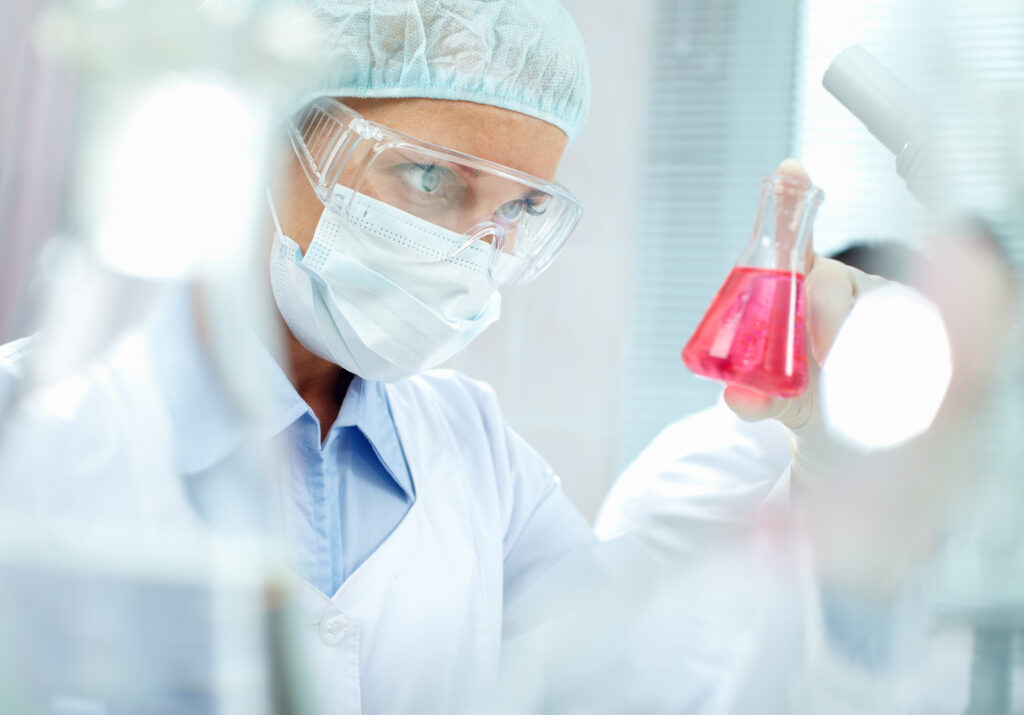
HPV sample collection
Screening for human papillomavirus (HPV) is usually done through a cervical smear, performed by a doctor or midwife. This painless procedure helps detect potential high-risk infections linked to cancer. The sample is then analyzed in the lab using strict molecular biology standards.
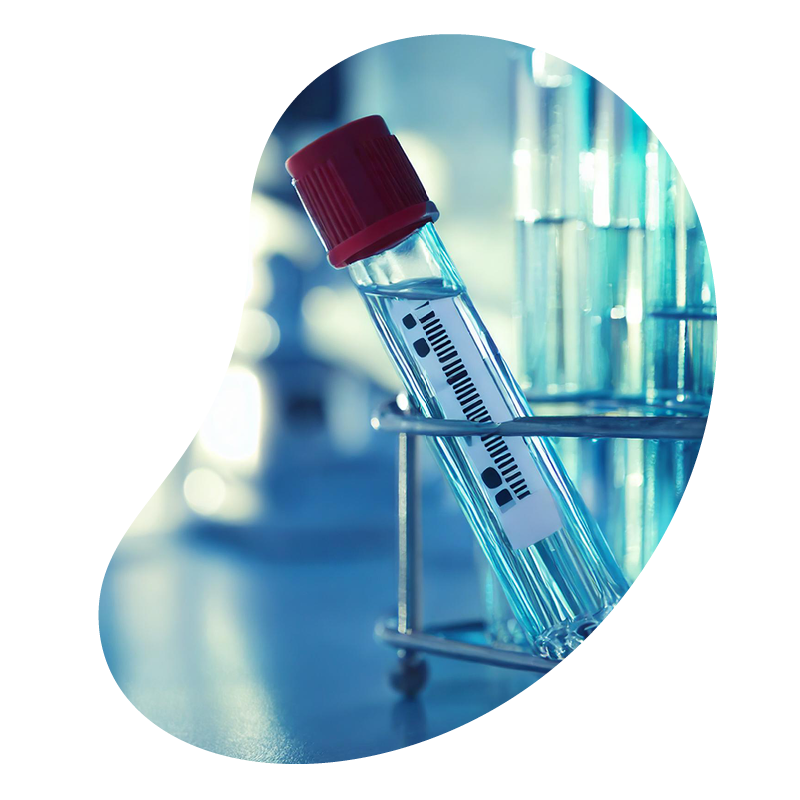
Urine sample collection
Urine analysis requires collection in a sterile container, provided by the lab or a pharmacy.
To ensure reliable results :
– Collect a midstream urine sample (avoid the first drops)
– Wash your hands thoroughly and clean the genital area before collecting the sample
For a urine culture (ECBU), the sample must be collected in the morning, on an empty stomach, after several hours without urinating.
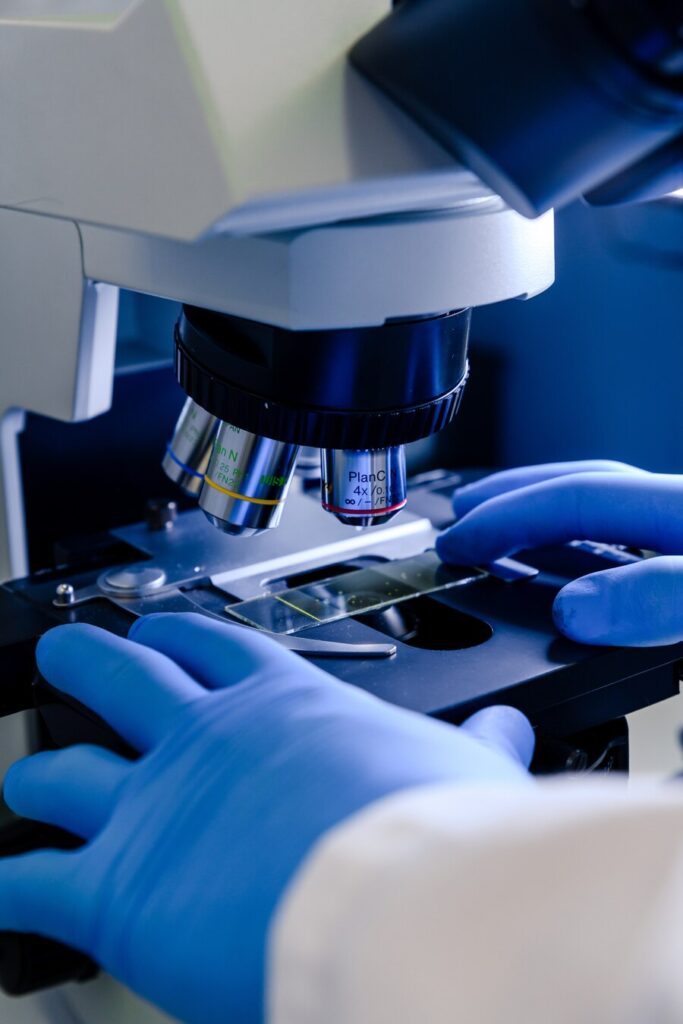
Other types of samples
Skin, respiratory, and gynecological samples must follow strict procedures to avoid cross-contamination. Swabs—whether nasal, throat, or skin—are taken by trained professionals following aseptic protocols and proper sample preservation methods.
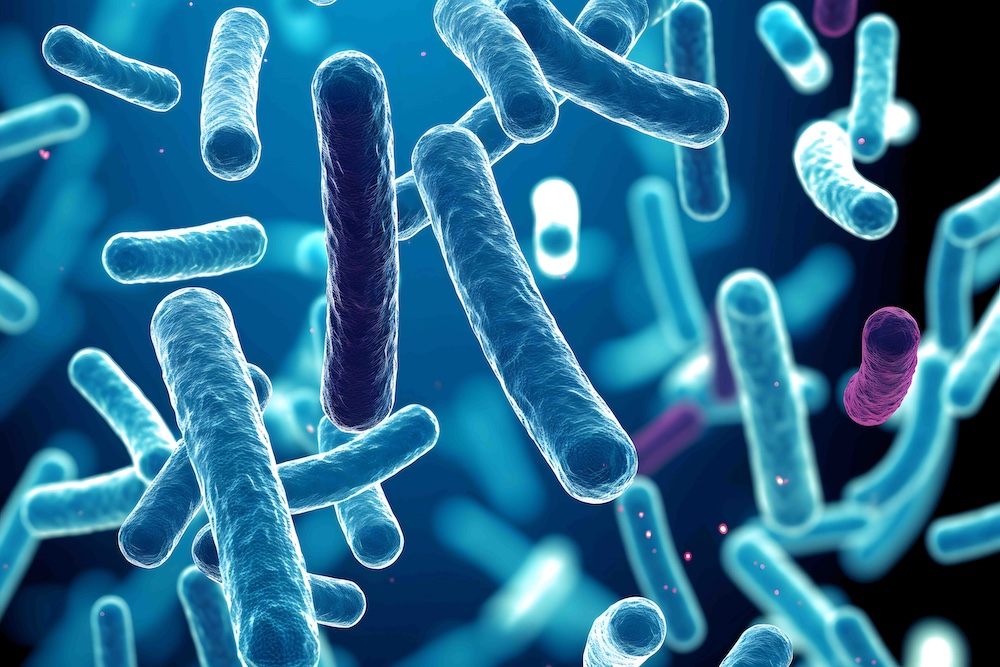
Need more information?
Contact us by phone or email if you have any questions. Our team is here to support you and guide you through every step of your sample collection.
